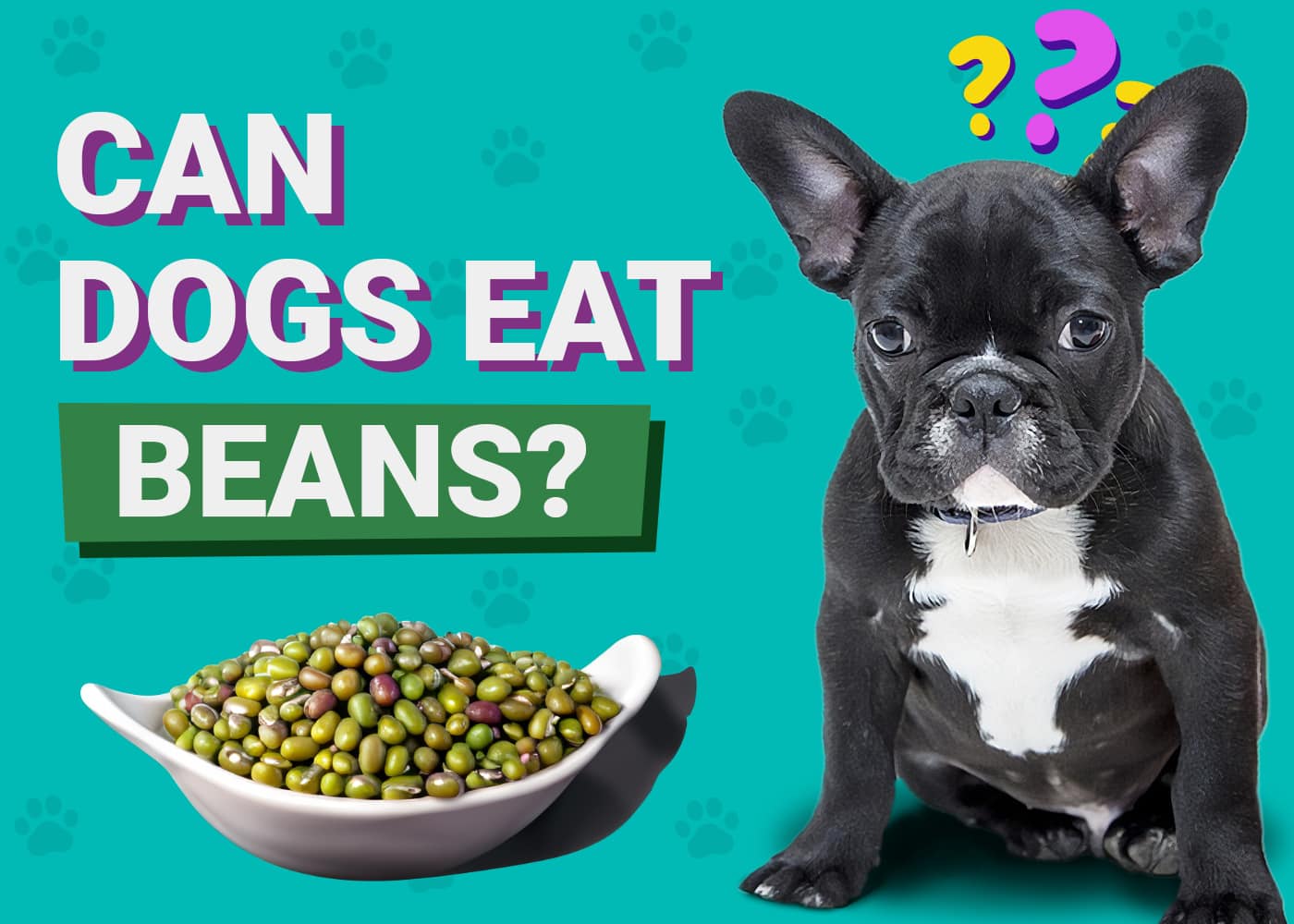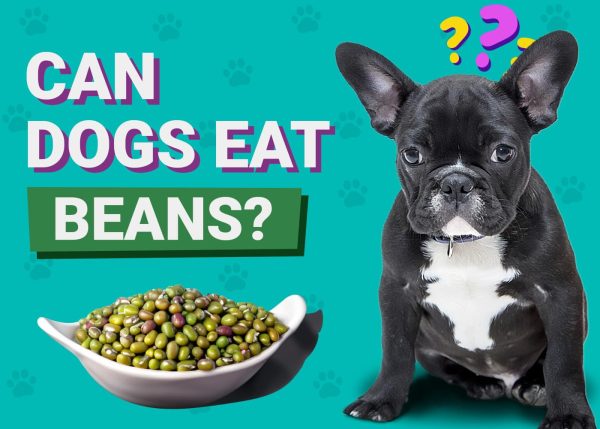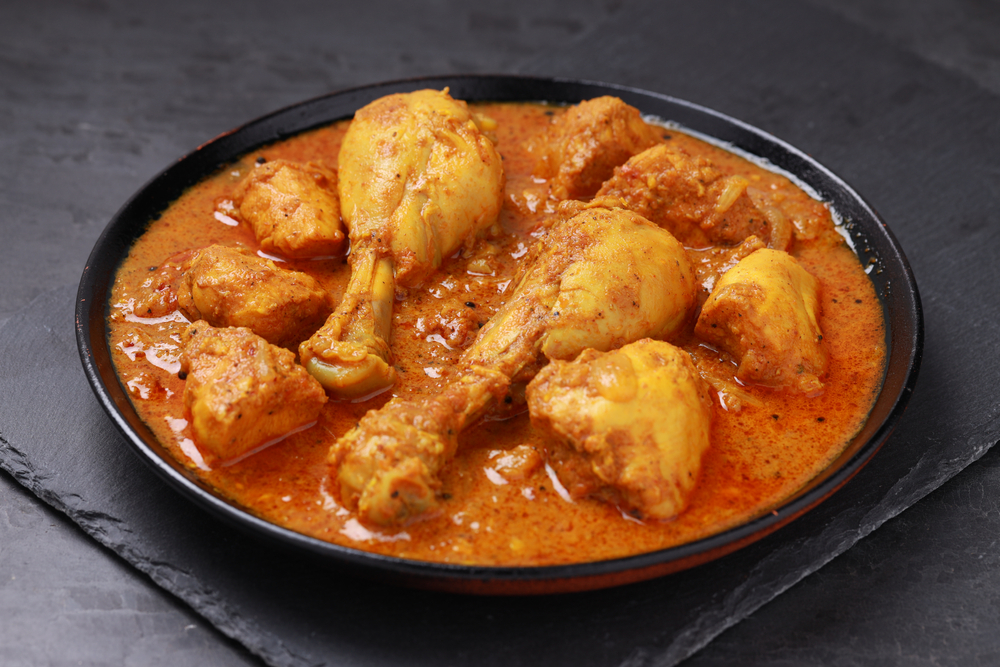Click to Skip Ahead
Unlike their feline counterparts, dogs are omnivores and are adapted to derive nutrients from consuming both plant materials as well as animal tissue. So, you may wonder what plant material is safe for your pup. Are beans okay to offer?
Most bean varieties are safe to give your dog in moderation, though there are a few types you should avoid. Additionally, you should always check with your veterinarian before giving your pup any new foods, especially those meant for humans. Read on to learn more.
Are Beans Nutritious for Dogs?
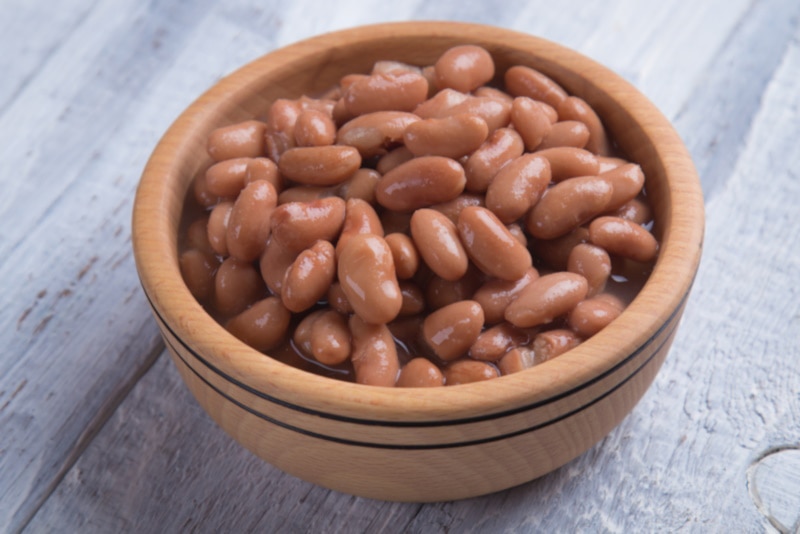
Most beans are good for dogs if fed in moderation and prepared in a way that doesn’t include ingredients unsafe for pups. Plain, cooked beans provide a good source of fiber, and some varieties pack a pretty decent protein punch.
- Vitamin A: a fat-soluble vitamin that supports vision, bone growth, and immune response
- Vitamin K: a fat-soluble vitamin necessary for activating your pup’s blood clotting ability
- Folate: a water-soluble B vitamin necessary for normal metabolic functions.
- Manganese: a trace mineral that assists in enzyme functioning, bone development and neurological function.
- Potassium: a vital electrolyte in the body, required for nerve impulse transmission.
If your dog has eaten beans and you are concerned about his or her health, we recommend consulting a veterinarian.
PangoVet. It’s an online service where you can <b>talk to a vet online</b> and get the personalized advice you need for your pet — all at an affordable price!
</p>
<div class="su-button-center"><a href=https://www.dogster.com/dog-nutrition/"https://pangovet.com/?utm_source=dogster&utm_medium=article&utm_campaign=dog_eat_drink%22 class="su-button su-button-style-default" style="color:#FFFFFF;background-color:#FF6600;border-color:#cc5200;border-radius:9px;-moz-border-radius:9px;-webkit-border-radius:9px" target="_blank" rel="nofollow"><span style="color:#FFFFFF;padding:0px 24px;font-size:18px;line-height:36px;border-color:#ff944d;border-radius:9px;-moz-border-radius:9px;-webkit-border-radius:9px;text-shadow:none;-moz-text-shadow:none;-webkit-text-shadow:none"> Click to Speak With a Vet</span></a></div></div></div>"}" data-sheets-userformat="{"2":513,"3":{"1":0},"12":0}"> If you need to speak with a vet but can’t get to one, head over to PangoVet. It’s an online service where you can talk to a vet online and get the personalized advice you need for your pet — all at an affordable price!

What Beans Are Safe for Pups?
There are many bean varieties and preparations. Some are legumes, and others are vegetables. It’s important to know which types are safe to offer Fido occasionally.
Green Beans
Whether you chop them, steam them, or serve ‘em raw, green beans are safe for pups, provided they’re served plain. That means skipping out on the oil, spices, and harmful added ingredients like garlic or onions.
Preparation Tip: Remember that green beans must be cut up before serving; otherwise, they can present a choking hazard.
Black Beans
Black beans are a great source of antioxidants, fiber, and magnesium.
Do not serve raw or canned black beans. Raw beans are impossible to digest, and the canned variety is often loaded with salt or other preservatives.
Preparation Tip: Soak the beans overnight, then drain and cook them. You can mix them with rice or meat to make a batch of homemade dog food or serve them on their own as a snack.
Lima Beans
Lima beans are also sometimes known as butter beans. They are rich in protein and fiber and can help dogs maintain a healthy weight by promoting digestion and satiation.
Preparation Tip: Prepare lima beans as you would black beans.
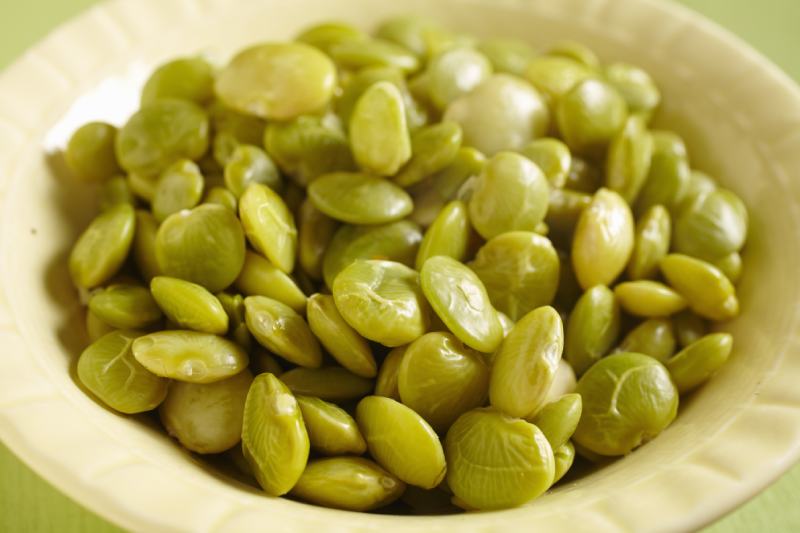
Kidney Beans
As with the beans above on our list, kidney beans are chock full of antioxidants, fiber, and protein. It’s best to keep these as an occasional treat, however, as they’re higher in a type of anti-nutrient known as phytohemagglutinin that can make your pup ill.
Preparation Tip: Prepare kidney beans as you would black beans.
Note: Raw kidney beans are toxic to dogs, so keep them as far away from your pup as possible.
Garbanzo Beans
Garbanzo beans, also known as chickpeas, are rich in minerals like potassium, magnesium, and folic acid, as well as fiber and protein.
Avoid offering your pup garbanzo beans in their hummus form, as they’re often with harmful ingredients to dogs, like garlic and certain spices.
Preparation Tip: Cook dried chickpeas as the instructions on the packaging suggest. You can choose canned options packed only in water with zero added salt. Read the ingredient label if you’re unsure.
Pinto Beans
These cream brown beans are a great source of plant-based protein and fiber. Do not serve your dog raw pinto beans or any canned varieties.
Preparation Tip: Serve pinto beans after they’ve been soaked and cooked without additional spices.
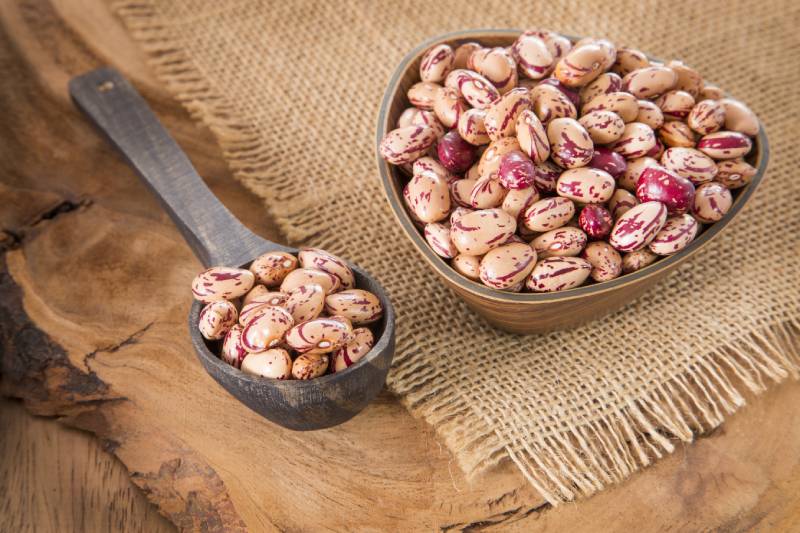
Beans You Should Avoid Offering Your Dog
Fava Beans
Fava beans, or broad beans, contain phytohemagglutinin (PHA), which can be toxic to dogs if consumed in excess. Additionally, these beans are larger and have tougher skin, making cooking them properly difficult. It’s essential to cook fava beans thoroughly to neutralize the PHA content.
Soybeans
Soybeans, also known as edamame, contain many beneficial vitamins and minerals like vitamin C, calcium, and omega-3s, but some risks are associated with feeding them to your pup. Soy can be a potential food allergen in dogs and their high fiber content can lead to flatulence and diarrhoea. There is also some evidence that long-term ingestion of soy phytoestrogens may influence your pup’s endocrine function, although larger studies are needed for confirmation. It’s best to keep soy bean servings to a minimum.
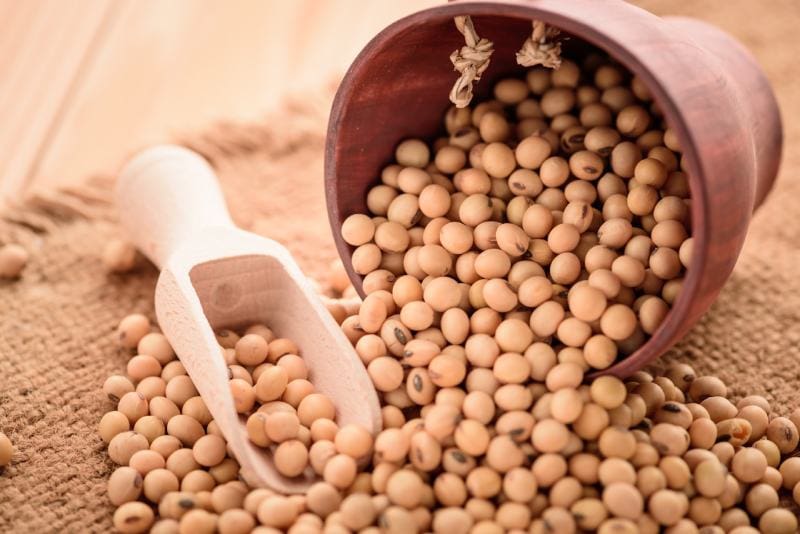
Refried Beans
Refried beans are very high in fat, which can cause pancreatitis in dogs. Additionally, they’re also traditionally prepared with ingredients and spices that can be toxic.
Baked Beans
This summer staple is a high-fat food that can cause upset stomach, digestive issues, and even pancreatitis. Though the beans used to make this dish aren’t toxic, the added ingredients can be.
Canned Beans
Canned beans of any variety should be avoided. Though they’re arguably more convenient than their dried counterparts, canned beans are excessively high in sodium, which can cause serious problems for dogs, especially those with health conditions like heart disease.
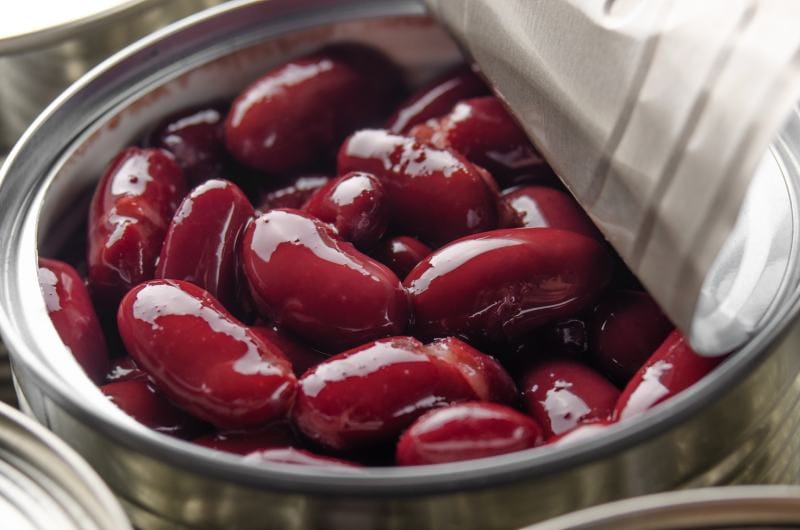
Final Thoughts
Beans can be a safe and healthy addition to your pup’s diet, provided you’re offering the nutritious kind and preparing them without any potentially harmful additional ingredients. It’s best to keep “people foods” to a minimum and only proceed with offering such foods if you have the go-ahead from your veterinarian.
See Also:
- Can Dogs Eat Green Beans? Vet-Approved Feeding Facts
- Can Dogs Eat Chickpeas? Vet-Verified Nutrition Facts & FAQ
Featured Image Credit: M.M.PHOTO, Shutterstock

